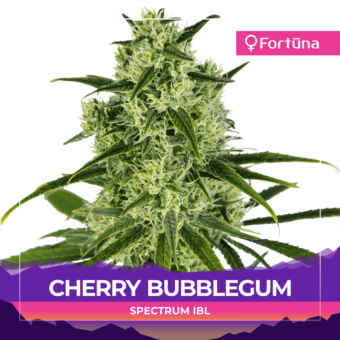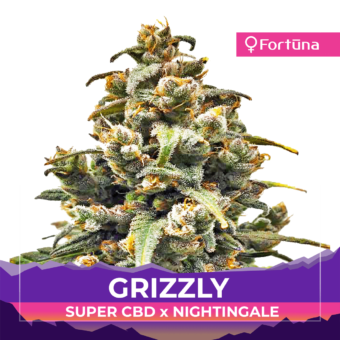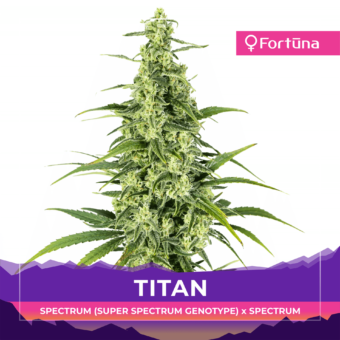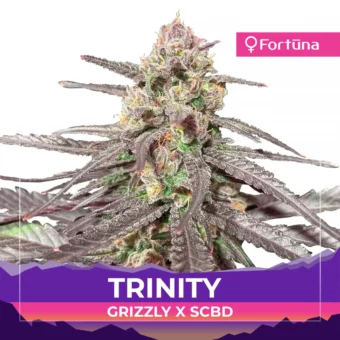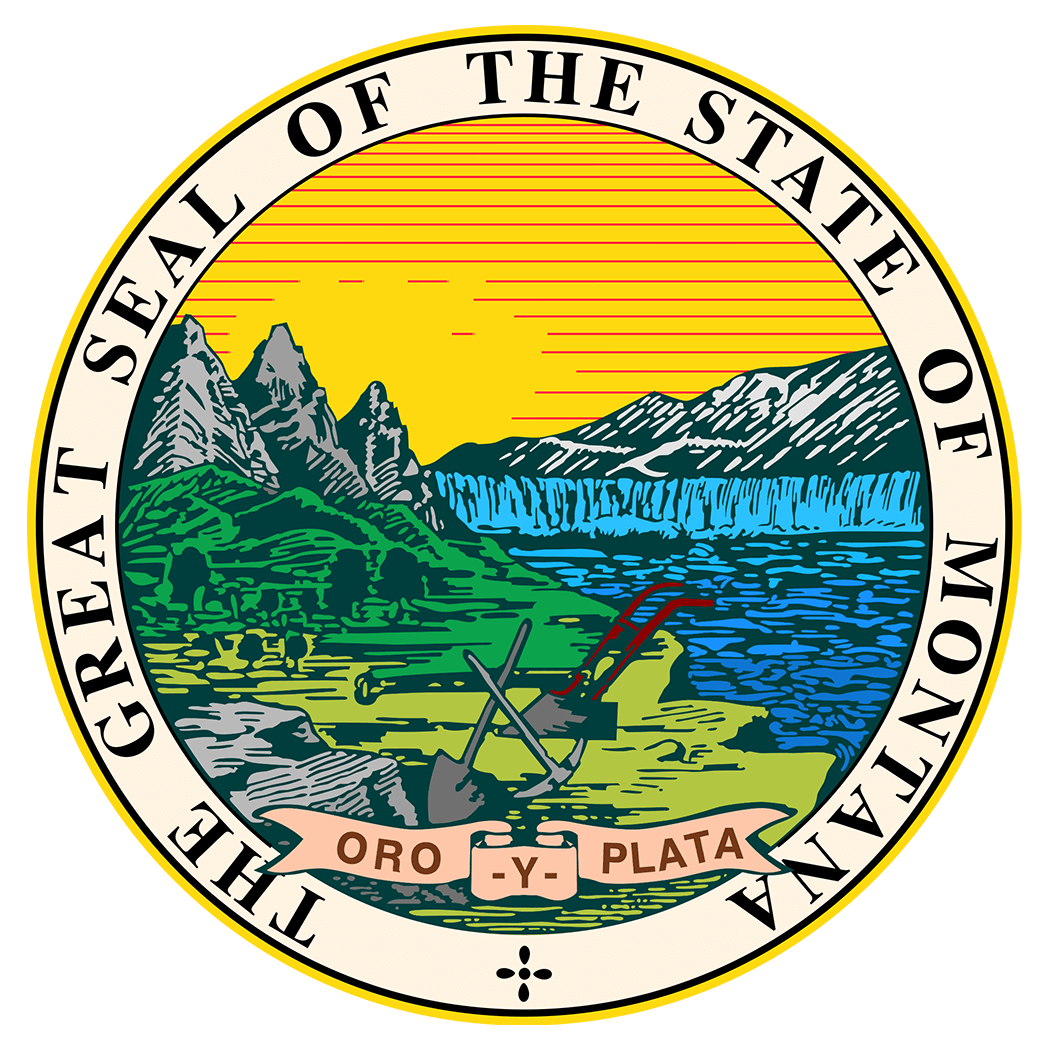
Montana Hemp Seeds
Buy Feminized Hemp Seeds For The State Of Montana
CBD Hemp Seeds For Growing In Montana
Those wanting to grow hemp in Montana must be licensed first. Montana currently operates under the 2014 Farm Bill and will do so until October 2020. During this time, all registrants agree to comply with Montana’s Hemp Code, as outlined in Section 80-18-101 through 80-18-111.
Montana Hemp Cultivation Laws
Hemp growers in Montana must apply for licensing in the state. The Department will accept applications for the 2020 growing season through June 1, 2020. Registrations that are approved will remain valid through April 30, 2021.
There are three stages to gaining a hemp cultivation license in Montana, the first of which is to submit a Hemp License Application. The application can either be submitted online or printed, completed, and sent to Montana’s Hemp program office at PO Box 200201-Helena, MT 59620-0201, along with an $850 non-refundable fee made payable to the Montana Department of Agriculture. The application must include a detailed list of all varieties of hemp the applicant plans to grow along with license information about the source of hemp seeds or plants.
Additionally, the application must include a business license number, a list of all key participants, and background checks for everyone involved.
Please note, due to COVID concerns, in-person fingerprinting is temporarily unnecessary to gain acceptance in Montana’s hemp program. This does not, however, wave restrictions on felony drug convictions of key participants within the last ten years.
Upon application approval, the Department will issue a Planting License to all eligible hemp production entities. This Planting License allows farmers to plant hemp seeds and clones on approved land. It precedes the Planting Report that farmers must submit confirming information in the crops matches the information provided in the initial application.
Those who successfully complete the previous steps will receive a Production License through Montana’s Agricultural Department. This license is necessary for the production and harvest of compliant hemp products.
Hemp Licensing in FBIC
Those growing hemp in the Fort Belknap Indian Community operate under the territory’s plan and must, therefore, apply for licensing through the FBIC hemp program. The FBIC Agricultural Office must receive the application at least 30 days before planting begins. The application must include a detailed list of all hemp varieties that will grow on approved land along with a non-refundable $300 money order made out to the Fort Belknap Finance Department. Send completed applications to:
Fort Belknap Agriculture Office – Hemp Program
656 Agency Main Street, Harlem, MT
59526
For questions or additional assistance, call the Fort Belknap Central Administration Office at (406) 353-2205.
Sampling and Testing Hemp in Montana
Montana’s hemp department will conduct risk-based random sampling of hemp plants grown in the state. The sampling procedure includes verification of licensing, lot locations, and lot ID. The process may also involve audits to verify seed source, seed documentation, projected harvest date, and a description of the product as it enters commerce.
The Department will also collect samples within 15 days of harvest. They will give notice to the grower at least 24 to 48 hours before the date of inspection. Either a licensee or authorized representative must accompany the inspector and provide unrestricted access to all areas in which hemp cultivation and processing takes place.
Hemp testing fees in Montana are $250 per Category C crop. An initial $250 is due upon the submission of a Hemp Planting Report, which will go to fund the testing of said crop. Additional hemp testing fees can be made at this time or within 30 days of receiving an invoice following all test procedures. Visit their website to learn more about Montana’s Hemp Testing Guidelines.
Next Steps to Legally Grow Hemp in Montana
Hemp has many applications, and there are many different forms of the plant farmers can grow depending on their goal. Those who wish to grow hemp in Montana for CBD extraction should pay special attention to their seed source. CBD seeds riddled with male plants can significantly reduce the cannabinoid production, thus rendering the biomass challenging to sell in a competitive CBD potent market.
We strongly recommend that CBD hemp farmers exclusively purchase female hemp seeds. Breeders develop feminized seeds to produce only flower-bearing female plants. Female plants – especially those that do not contain seeds — produce exceptionally high cannabinoid levels. Hence, neither fiber or grain hemp seeds will suffice for CBD hemp farmers. Indeed, for the most significant ROI on hemp crops, farmers must only grow feminized CBD seeds.
Find out more about Montana’s hemp program on their website or contact us to learn how we can help.
